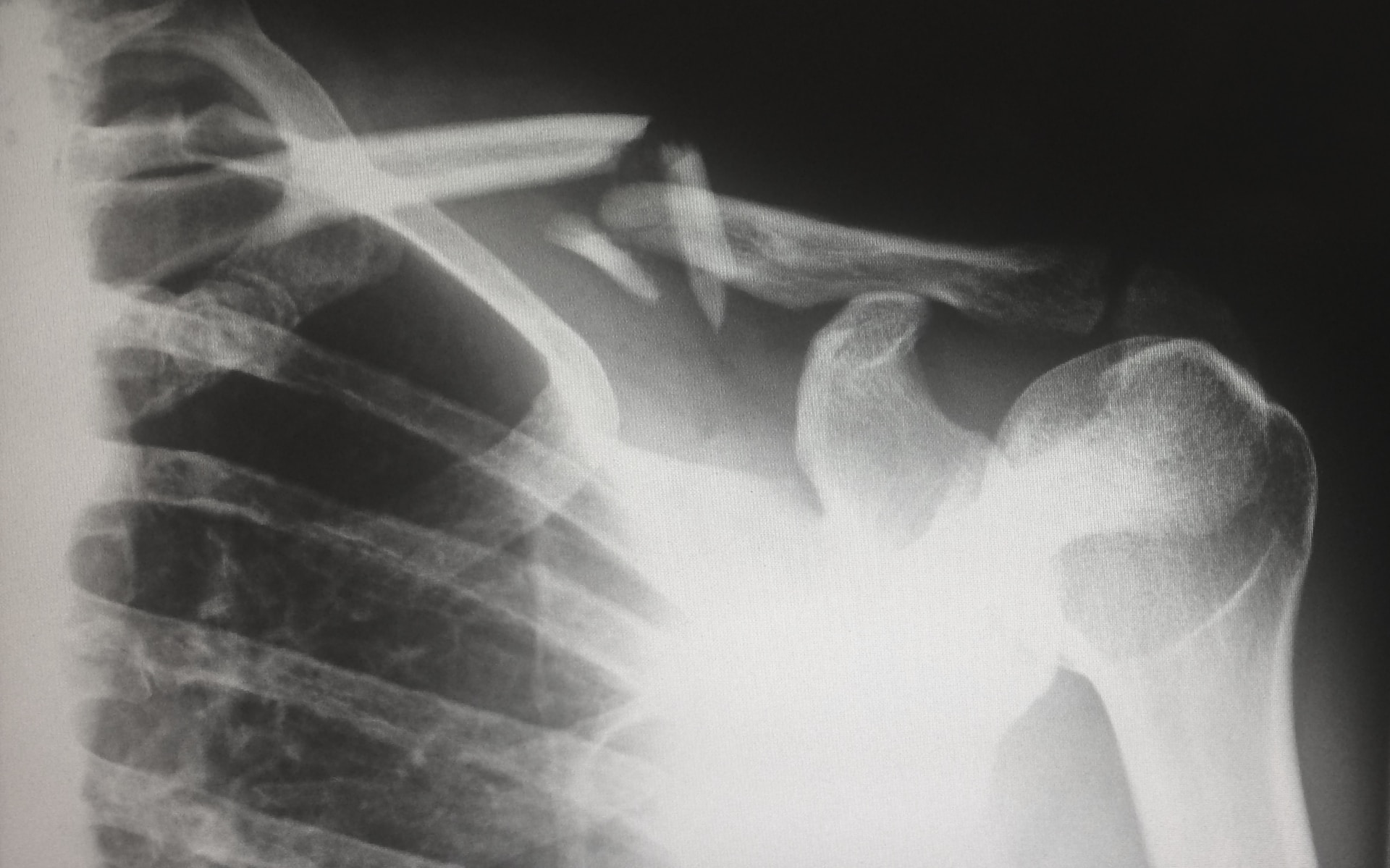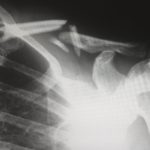Car and truck accidents can lead to serious injuries that take a long time to heal. The medical expenses and lost wages alone can strain the victim financially. However, the law provides compensation through damages for people who have suffered injuries due to the fault of another person. This article will explore the types of damages available in car and truck accident claims.
Compensatory Damages
Compensatory damages refer to payments designed to compensate a victim for losses from an accident. Once you secure the expertise of a skilled motorcycle accident attorney, you can explore avenues for seeking compensatory damages tailored to your situation. With their assistance, you can navigate the legal landscape to ensure fair compensation for the losses you have endured. They aim at putting the plaintiff back into their pre-accident financial condition. As soon as you find a good truck accident lawyer, here are the types of compensatory damages you could target:
- Medical Expenses – These are expenses that result from treating an injury sustained in an accident, including emergency room costs, hospitalization fees, diagnostic tests, prescription medications, and rehabilitative services such as physical therapy or chiropractic therapy.
- Lost Income – When someone sustains an injury resulting in missed work days or reduced hours at work due to pain or mobility problems arising from an accident, they deserve compensation for any income they lost during their recovery period.
- Property Damage – If your car gets damaged following a collision with another vehicle, due to the other driver’s negligence, you may be entitled to property damage reimbursement.
- Pain and Suffering – This compensates the plaintiff for all physical and emotional distress related to injuries suffered in an auto accident.
- Loss of Enjoyment of Life — This is awarded if severe injuries result in you not being able to participate in activities that gave enjoyment before getting hurt.
Punitive Damages
Punitive damages are primarily meant as punishment and deterrence against reckless behavior leading up to accidents; they are awarded when defendants show gross negligence, deliberately showing conduct towards safe driving rules intentionally injuring other drivers on the road. Punitive damages are uncommon in car accident cases, and juries only assign punitive damages when gross negligence persists.
Calculating Damages
Determining the exact value of a claim is never easy; several factors influence how compensation gets calculated for injuries sustained in an auto accident case. The severity of your injury and the subsequent economic damage will help determine an approximate range for total potential compensation.
Factors generally used to determine damage in terms of numerical figures include:
- The severity of injury – This factor plays a primary role because it can lean greatly into what sort of compensation would be given by general damages.
- Cost of medical bills – Any expense incurred due to medical treatment received following the collision, such as ambulance ride, hospitalization up until getting discharged.
- Lost wages – Any wages lost from work due to missed time during the recovery period post-collision could be compensated for as part of their settlement package if it proved beyond reasonable doubt that someone else’s negligence injured them.
- Pain and suffering – This emotional impact may affect all areas outside finances, such as activities you used to enjoy doing before being involved in a collision triggering your pain or sadness. These mental pains get compensated inside general damages claims with set levels affected upon the degree to which it affects a person’s daily life after being involved in an accident caused by someone else’s negligence.
Conclusion
Evaluating compensation for injuries in car and truck accident claims is critical to seeking justice and financial recovery for the victims. These accidents can cause devastating physical, emotional, and financial harm, and it is essential to understand the various types of damages that may be claimed. Damages in these claims encompass a wide range of losses, including medical expenses, rehabilitation costs, lost wages, property damage, and pain and suffering. Evaluating these damages requires a comprehensive assessment of the individual’s injuries, their impact on daily life and future prognosis, and the economic and non-economic losses incurred.
By pursuing comprehensive compensation for injuries, victims can alleviate the financial burden caused by the accident, access necessary medical treatments, and regain a sense of stability.
















